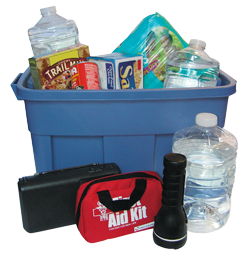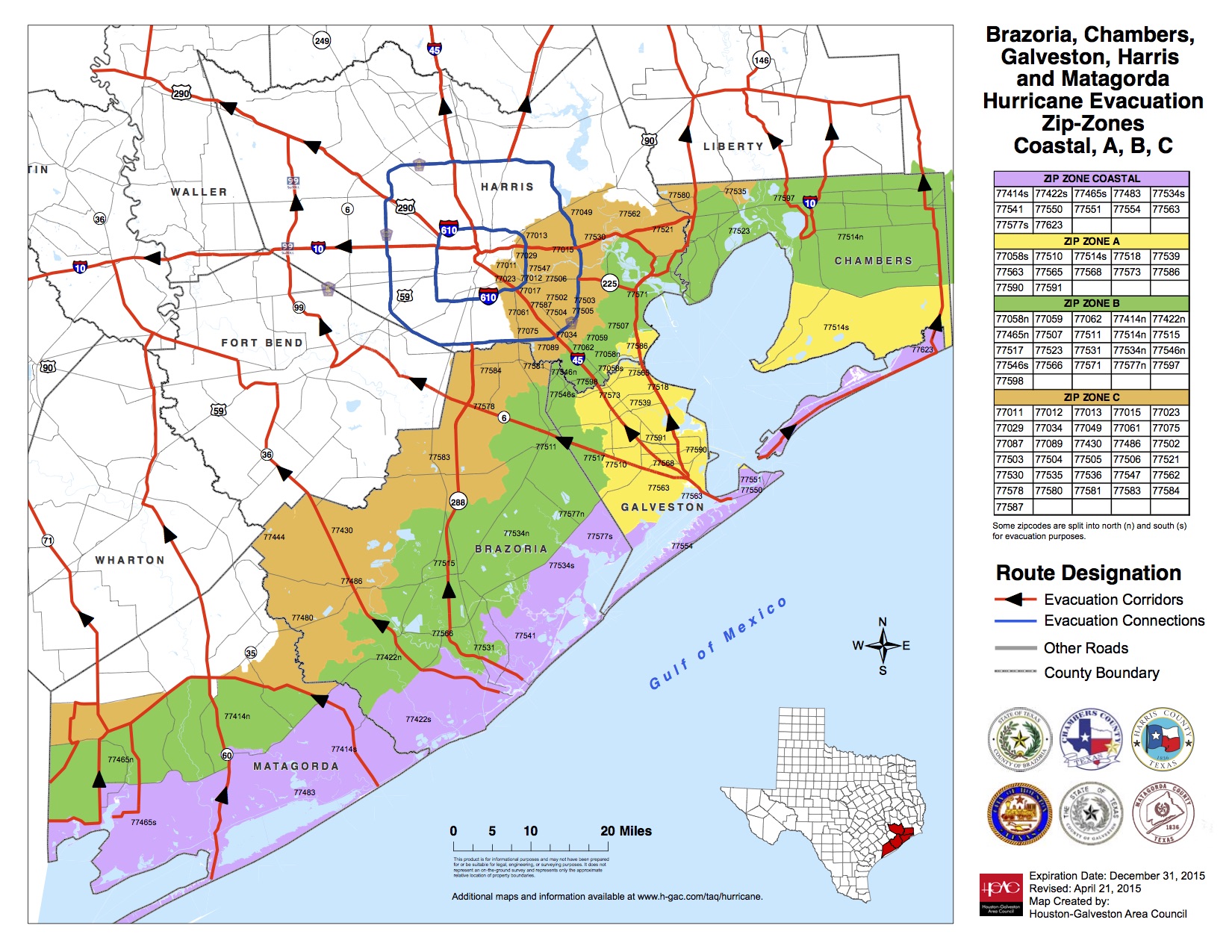
Do you ever wonder whether your home security system or “Beware of Dog” sign actually keeps burglars away?
KGW News (Portland, OR) investigative team sent letters to 86 inmates currently serving time for burglary in the Oregon Department of Corrections. The inmates were asked to respond anonymously to 17 questions detailing how they broke in, when the crime occurred and what they were looking for.
What they learned could help you keep your home safe from burglaries.
1. How did you typically break into a home or apartment?
Most inmates broke in through an unlocked door or window. Several burglars kicked the door open. “I would kick in the door rather than break glass. Loud bangs are better than loud glass breaking, plus you run the risk of getting cut,” said one inmate.
2. Once inside, what was the first thing you looked to steal?
Jewelry, electronics, cash and credit cards are all attractive to burglars. Inmates also added collectibles and guns. “NRA sticker on car bumper = Lots of guns to steal,” wrote one burglar.
3. Where did you look for hidden valuables?
Most burglars started by searching the master bedroom for valuables, then moved through the rest of the house. “Everywhere! From the stove and freezer, to the fish tank and toilet tank, book shelves and in boxes of cereal,” said an inmate.
4. What time of the day did you prefer to break in?
Burglars prefer breaking in early morning or afternoon. “Between 12:30 pm and 2:30 pm. Anyone that was home for lunch should be gone by then and most kids should all still be in school,” wrote a convicted burglar.
5. Did home protection or security signs posted outside the home deter you?
Burglars had mixed opinions about home security signs. Some burglars said it didn’t faze them. Others said they knew how to disable alarms or avoid setting them off.
6. Did pets in the home, like a dog, make you think twice?
If a homeowner had a big, loud dog most burglars would stay away. Smaller dogs don’t seem to bother them. “Dogs are a deal breaker for me,” said one inmate. “Big breeds, home protectors are the best to keep people out.”
7. Did you typically knock on the front door before breaking into a home?
Yes. All of the inmates who responded said they would knock on the front door before breaking in.
8. If someone answered the door, what would you do or say?
“Act like I was lost or looking for a friend. I would approach the resident as though they had posted an ad on Craigslist. Say wrong house, sorry and thank you. Ask if they’d seen my dog and leave. Sometimes I would wear nice clothing and print a questionnaire off the Internet and carry a clipboard and see if they could spare a moment for an anonymous survey.”
9. If a home alarm system went off, what would you do?
Most intruders said they would leave immediately if a security alarm went off. “I would try and turn it off or get the hell out of there,” said one burglar.
10. If there was a security camera visible, would it keep you from breaking in?
Generally, burglars agreed security cameras were a deterrent. But some said it also likely signaled there were valuables inside the home.
11. Did lights on in the home make you think twice?
Responses were mixed regarding lights on in a home. Some said it was a deterrent. But one burglar said the combination of lights on and blinds closed created an attractive location. “Would drive through upper class neighborhoods looking for many things, like porch light on with all window blinds closed,” wrote one inmate.
12. If you heard a radio or TV on inside the home, would you still break in?
Most burglars feared someone might be home if they heard a radio or TV. They wouldn’t break in. “Absolutely not,” wrote a burglar.
13. Would it make a difference if there was a vehicle in the driveway?
As a homeowner, this is one of the best precautions you can take. Almost all of the burglars said they’d think twice if there was a car in the driveway. “Most of the time that is a sure-fire sign of someone being home,” wrote an inmate.
14. What was your ideal target for a burglary?
Burglars don’t want to be seen. They looked for homes with big fences and overgrown trees or bushes. “Home away from other homes, blind spots, older window frames, cheap wooden doors,” wrote a burglar. “Large trees, bushes or shrubs around the home, or very reserved and conservative neighbors,” wrote another inmate. “Nice home with nice car = A person with money,” another said.
15. Did you ever do surveillance on your target?
The responses were mixed. Some burglars did surveillance before a burglary, while others did not.
16. If you did surveillance, what were you trying to figure out?
Of those burglars who did surveillance, most agreed they were looking for the best opportunity to break-in. “Who lives in the home, what are their weekday schedules (weekends are too unpredictable), what they drive, is there a dog, a hidden key,” wrote one inmate. “What time the house would be empty and for how long,” wrote another.
17. What is the one thing homeowners can do to avoid being burglarized?
Burglars suggest homeowners make their property visible with good lighting and trimmed bushes and trees. You should get to know your neighbors and alert police if you see anything suspicious. “In my opinion, I think homeowners should always leave a TV or radio on,” said one inmate. “Get a camera and make it visible!” wrote another. “Put bars on your windows and doors, get an alarm, keep an extra car in the driveway, keep lights, TVs and radios on when you leave your home,” read one questionnaire. “Home alarm, know your neighbor so they can report suspicious people around the neighborhood,” said a burglar. Many of those inmates who responded were remorseful. They don’t want homeowners to be victimized. “Thank you for giving me the chance to help and give back something that will actually help people,” wrote one inmate. “I’ll never be able to give back the sense of security I destroyed but I can help prevent others from losing theirs,” said another convicted burglar.
 ‘Tis the season for more tricks than treats so we are advising all residents in our contracts to be aware of thieves who target yard art and seasonal decorations. With the Fall season comes the holidays where homes are decorated from Halloween all the way through the Super Bowl in February. We are already seeing these types of incidents happening via security cameras whether it be stealing decorations from yards or coming directly onto porches to steal the items. We are advising first, to report these incidents if they do occur so we have a record of when the incident(s) may be occurring. If you have video, let the reporting deputy know so we can view it and attach it with a crime alert to others in the area. Also, secure your items as much as possible using yard stakes or wiring so the item is more secured or fixed making it harder to take just my simply picking it up and walking away with it. As always, keep your home well lit so your decorations do not end up in someone else’s yard, yard sale or flea market at your expense.
‘Tis the season for more tricks than treats so we are advising all residents in our contracts to be aware of thieves who target yard art and seasonal decorations. With the Fall season comes the holidays where homes are decorated from Halloween all the way through the Super Bowl in February. We are already seeing these types of incidents happening via security cameras whether it be stealing decorations from yards or coming directly onto porches to steal the items. We are advising first, to report these incidents if they do occur so we have a record of when the incident(s) may be occurring. If you have video, let the reporting deputy know so we can view it and attach it with a crime alert to others in the area. Also, secure your items as much as possible using yard stakes or wiring so the item is more secured or fixed making it harder to take just my simply picking it up and walking away with it. As always, keep your home well lit so your decorations do not end up in someone else’s yard, yard sale or flea market at your expense.



 With luck, you’ll never be trapped in a car with the need to break the window from the inside, but if you are and don’t have the right tools, your salvation may be right behind your head. The headrest of car seats, if detachable, could be used to break open the glass of a car in case of fire and emergency. This “survival tip” has been around for several years and has been featured in a number of survival blogs suggesting that car headrests are deliberately designed to break windows during emergencies. While it is possible to break a car window with a removable headrest, this is an incidental application of that object rather than a deliberate one. Nonetheless, this safety tip could be just what you need in an emergency!
With luck, you’ll never be trapped in a car with the need to break the window from the inside, but if you are and don’t have the right tools, your salvation may be right behind your head. The headrest of car seats, if detachable, could be used to break open the glass of a car in case of fire and emergency. This “survival tip” has been around for several years and has been featured in a number of survival blogs suggesting that car headrests are deliberately designed to break windows during emergencies. While it is possible to break a car window with a removable headrest, this is an incidental application of that object rather than a deliberate one. Nonetheless, this safety tip could be just what you need in an emergency!
